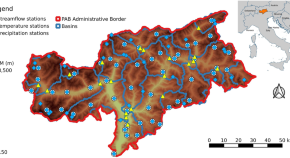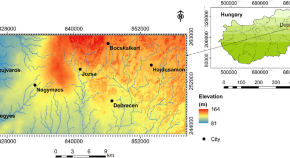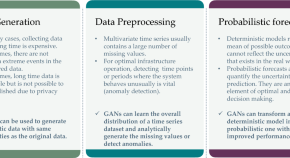Exploring the feasibility of Support Vector Machine for short-term hydrological forecasting in South Tyrol: challenges and prospects
Authors (first, second and last of 5)

Collection
Dr Majid Niazkar, Free University of Bozen-Bolzano, Italy. He received a PhD degree in Water Resources from the Department of Civil and Environmental Engineering, Shiraz University, Shiraz, Iran. His previous postdoctoral experiences are one-year at the Shiraz University and one-year at the University of Milan. Currently, he works at the Free University of Bozen-Bolzano. He has been selected as one of the World's Top 2% Scientists in 2020 and 2021. He has published more than 70 publications, which have more than 890 citations in Google scholar. His research interests are water resources and hydroinformatics.
Dr Andrea Menapace, Free University of Bozen-Bolzano, Italy. He is a researcher in the field of hydraulics, hydrology, and energy, using numerical and data-driven techniques. He holds a PhD in Sustainable Energy and Technology at the Faculty of Science and Technology, Free University of Bolzano, Italy. He is currently a Junior Assistant Professor at the Free University of Bolzano. He has published 24 research articles in the water and energy sector field. He is interested in hydroinformatics and the water-energy nexus.
Dr Bruno Brentan, Federal University of Minas Gerais, Brazil. He is an Assistant Professor at Federal University of Minas Gerais, Brazil, researching on water distribution networks and hydraulics. His main topic is the application of machine learning and optimization algorithms to improve the project, operation, and management of water systems. He has published more than 60 journal papers on this research domain and been founded by Brazilian research foundations.


